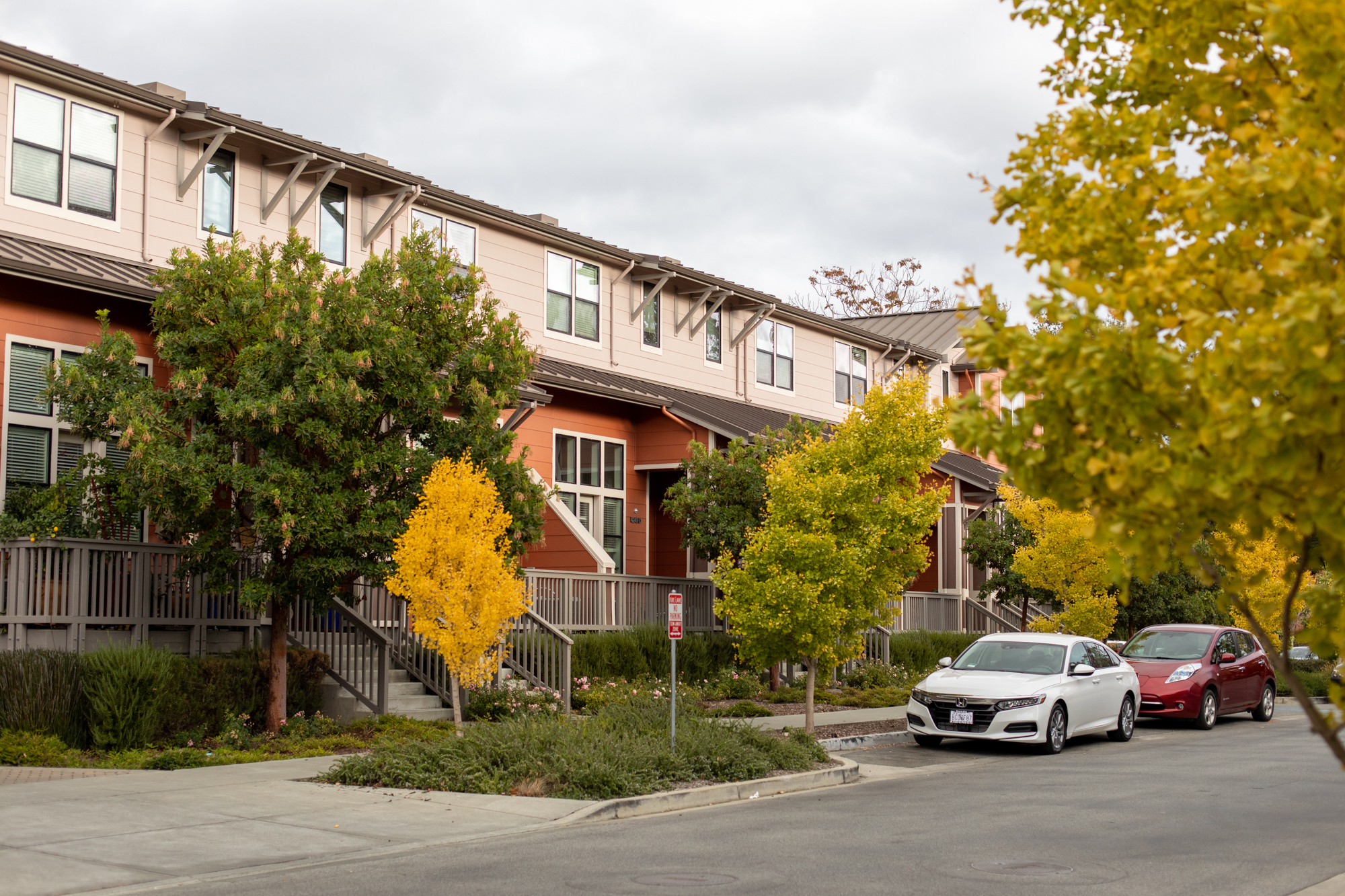A contentious bill that allows cities to enact zoning changes to enable construction of 10-unit housing developments in transit-rich and urban-infill areas cleared a critical hurdle Monday afternoon, when the state Assembly voted to approve it.
With a 44-12 vote, the Assembly gave a significant boost to Senate Bill 10, which was authored by state Sen. Scott Wiener, D-San Francisco, and which had already cleared the state Senate. The Monday vote allows for a final "concurrence" vote by the Senate before the legislation heads to the governor.
The bill needed 41 votes to get through the Assembly. Assembly member Marc Berman, D-Menlo Park, was among the 44 legislators who voted in favor of the bill.
Along with SB 9, which would allow subdivisions in single-family zones, SB 10 has generated heated debate over the course of the legislative season. Housing advocates have characterized it as a critical step toward combatting "exclusionary zoning" and making it easier for cities to build much needed housing. Assembly member David Chiu, D-San Francisco, who introduced the bill on the Assembly floor, noted that the legislation allows cities to simply ignore it.
"If a city chooses to implement SB 10, this bill will provide that city with an inexpensive and effective tool to rezone parcels of up to 10 units," Chiu said. "If they choose not to implement SB 10, nothing will change."
Opponents of the bill, including citizen groups such as United Neighbors and Livable California, have criticized it as a major legislative overreach, particularly insomuch as it allows city councils to overrule zoning restrictions that had been enacted through citizen initiatives. Numerous cities, including Palo Alto, also have taken a position against the bill. Palo Alto's letter of opposition argued that the provision of the bill that allows governments to overrule citizen initiatives is one that "no Legislative branch of government should have, and which we — a City Council, and therefore such a branch — do not want."
"Such legislation echoes more of Russia than of California," the letter read.
While the majority of the Democrats in the Assembly voted in favor of the bill, opposition transcended party lines. Ten of the 12 Assembly members who voted against the bill — Rebecca Bauer-Kahan, Richard Bloom, Tasha Boerner Horva, Jim Frazier, Al Muratsuchi, Patrick O'Donnell, Adrin Nazarian, Cottie Petrie-Norris, Rudy Salas, and Mark Stone — are Democrats (Republicans Kelly Seyarto and Randy Voepel joined them in opposition).
In a statement immediately after the Assembly vote, Wiener called the bill "a step in the right direction."
"This voluntary tool will help local governments throughout California fundamentally reshape their zoning in infill areas, and help our state climb out of the housing crisis we face. Today is a step in the right direction, and we must continue to build on this victory to end California's housing crisis," Wiener said.
Editor's note: The story was updated to reflect the changing vote total.



Comments
Registered user
The Crossings
on Aug 24, 2021 at 2:29 pm
Registered user
on Aug 24, 2021 at 2:29 pm
Lovely.
Another bill passing through the California government that allows elected officials to ignore the will of the people to determine what their cities and towns will look like. Better yet, it allows those government officials to ignore the fact that California has too many people already for the amount of water and other resources we have.
But let's pack them in tighter because disasters don't affect crowds of people as much as they do those living in less squalid conditions. California has already proven that it is fabulous at preventing fires and responding to diseases that affect those in crowded places.
Oh, wait...
Registered user
Cuesta Park
on Aug 26, 2021 at 4:28 pm
Registered user
on Aug 26, 2021 at 4:28 pm
good government (at the State -sovereign -level) decides to override local control that had been previously granted
No problem to Me. Local control of housing development has, in many of our opinions, gotten out-of-control and exclusionary. YES I am an R1 single family zoned home owner. More density, mixed density residential areas, Shoreline West or Old MV for example, are very livable. Just South of El Camino for several miles stretch a similar mix of multi-story (and single story) apartments and condo-owner-homes.
If California is too crowded for you (or is that just the cities - with their amenities) then just move to the country, or move to another state. TX does not have restrictive zoning on residential areas, you may Build on Your Property as you like! (don't think Houston would be 4 U)